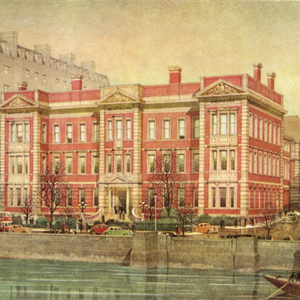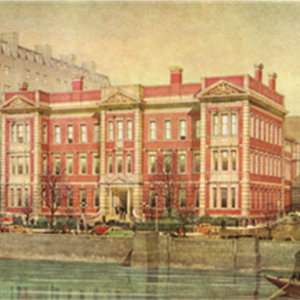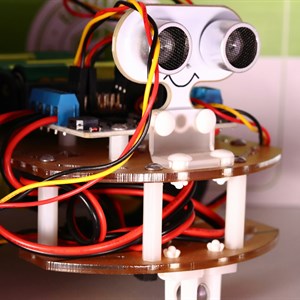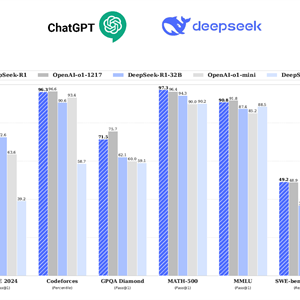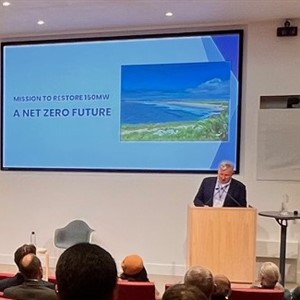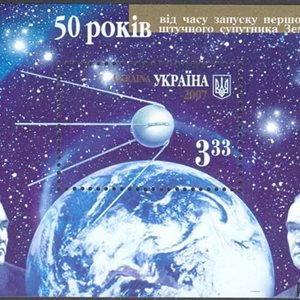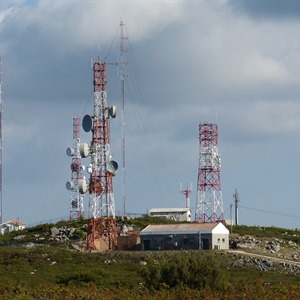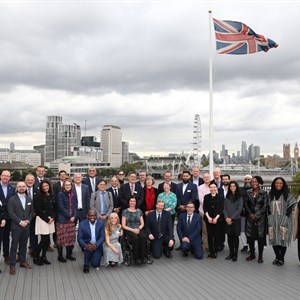The Future of Lasers in Manufacturing: Advancing Precision, Speed, and Efficiency
Manufacturing has always been a dynamic sector, continuously evolving with advancements in technology. Over the past few decades, lasers have played a crucial role in reshaping production processes, enabling manufacturers to achieve higher precision, speed, and efficiency. From cutting and welding to marking and additive manufacturing, laser technology has become indispensable across industries. However, the future of lasers in manufacturing promises even more transformative possibilities, driven by advancements in fiber lasers, ultrafast lasers, and AI-driven laser systems. One of the most promising developments in laser technology is the continued improvement in ultrafast lasers, particularly femtosecond and picosecond lasers. These lasers operate at incredibly short pulse durations, enabling…



